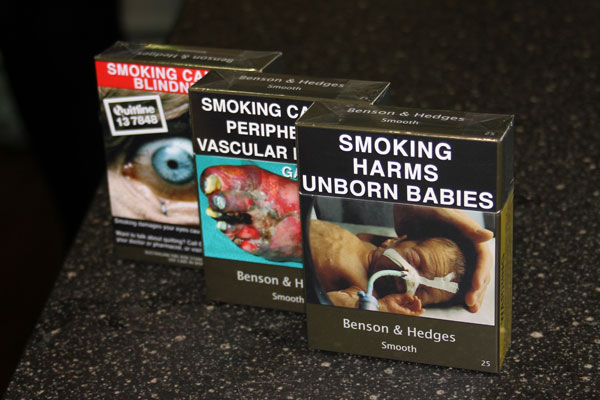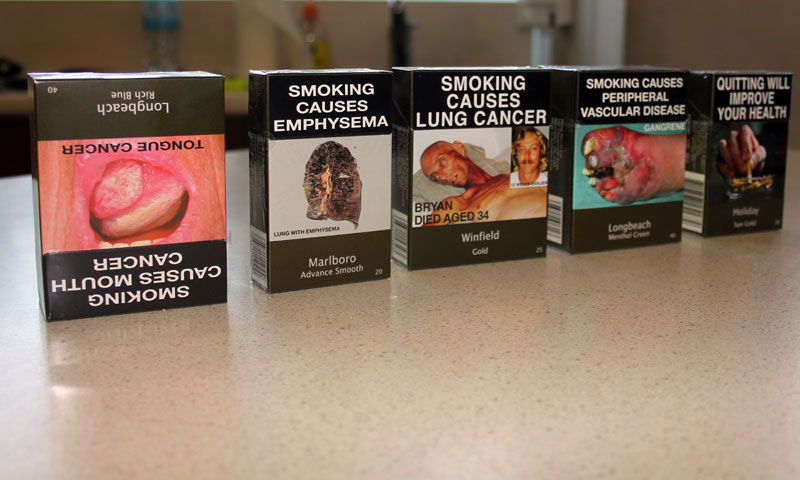The biggest manufacturer of ‘Native cigarettes’ in Canada is suing the federal government for $3 billion for failing to stop the proliferation of contraband tobacco producers, according to a story by Mark Bonokoski for the Toronto Sun.
The lawsuit, filed in the Ontario Court of Appeal at the end of June by Grand River Enterprises’ (GRE) Jerry Montour and three other principals in the company, accuses the Attorney General of Canada of ‘malfeasance in public office, negligence, breach of fiduciary duty, and breach of aboriginal rights’.
The foursome, all status Indians, is seeking $1.5 billion in damages for revenues allegedly lost to about 50 unlicensed and therefore illicit cigarette manufacturers in the province competing with their brands, and another $1.5 billion for the government’s failure to close them down.
The federal authorities have yet to file a statement of defence.
The lawsuit is based on two theories of liability – the ‘forced incorporation’ of GRE, and the ‘failure’ of the federal government to ‘enforce’ its agreement to come down hard on First Nation cigarette companies manufacturing products without a licence.
Bonokoski said that a raid by the RCMP on GRE in the mid-1990s resulted in GRE agreeing to pay federal excise taxes to avoid being shut down, while, for their part, the federal authorities promised to ‘intensify enforcement against contraband to level the playing field between GRE and other on-reserve tobacco manufacturers’.
GRE argues in the court document that the federal government, namely through the Attorney General’s office, has failed to implement or administer what has been cited as the 1994 Anti-Smuggling Initiative and, as a result of not enforcing laws against the production of contraband cigarettes by other First Nation profiteers, has caused Montour and company to incur substantial losses.
Bonokoski’s piece is at: http://www.torontosun.com/2017/07/15/first-nations-cigarette-maker-suing-the-feds-for-billions.







